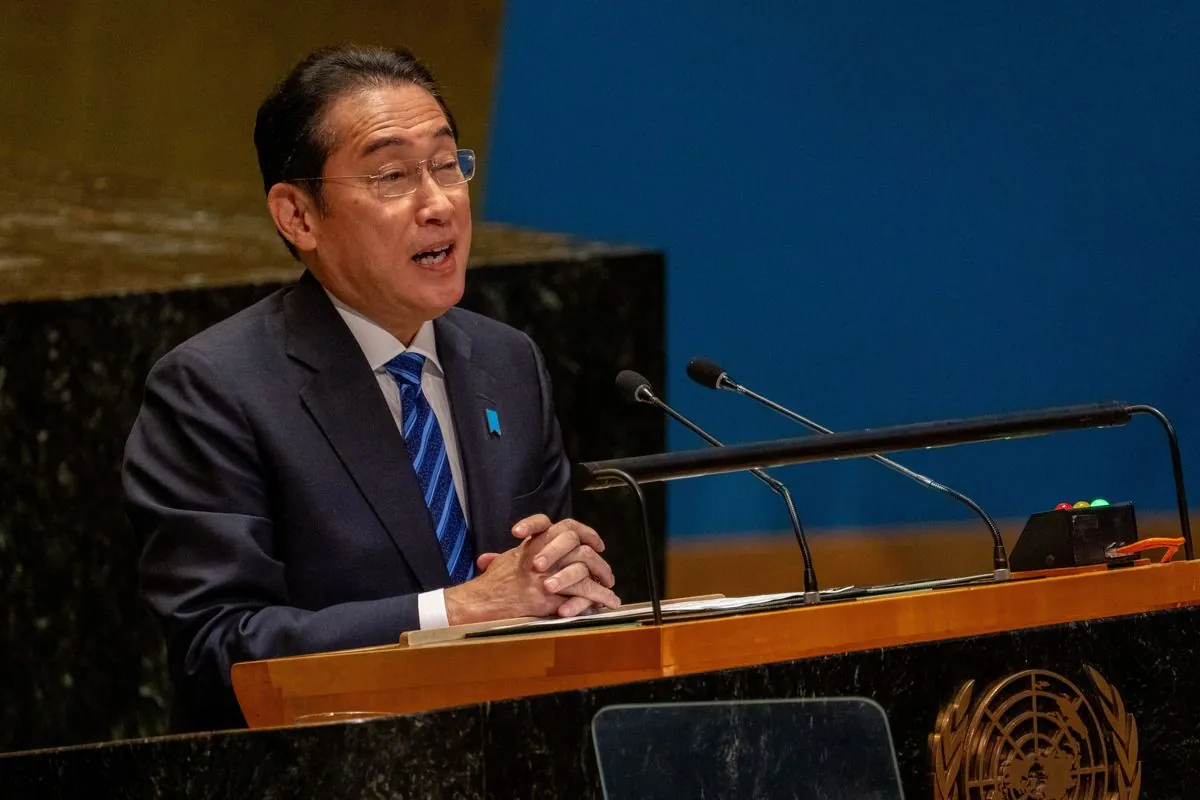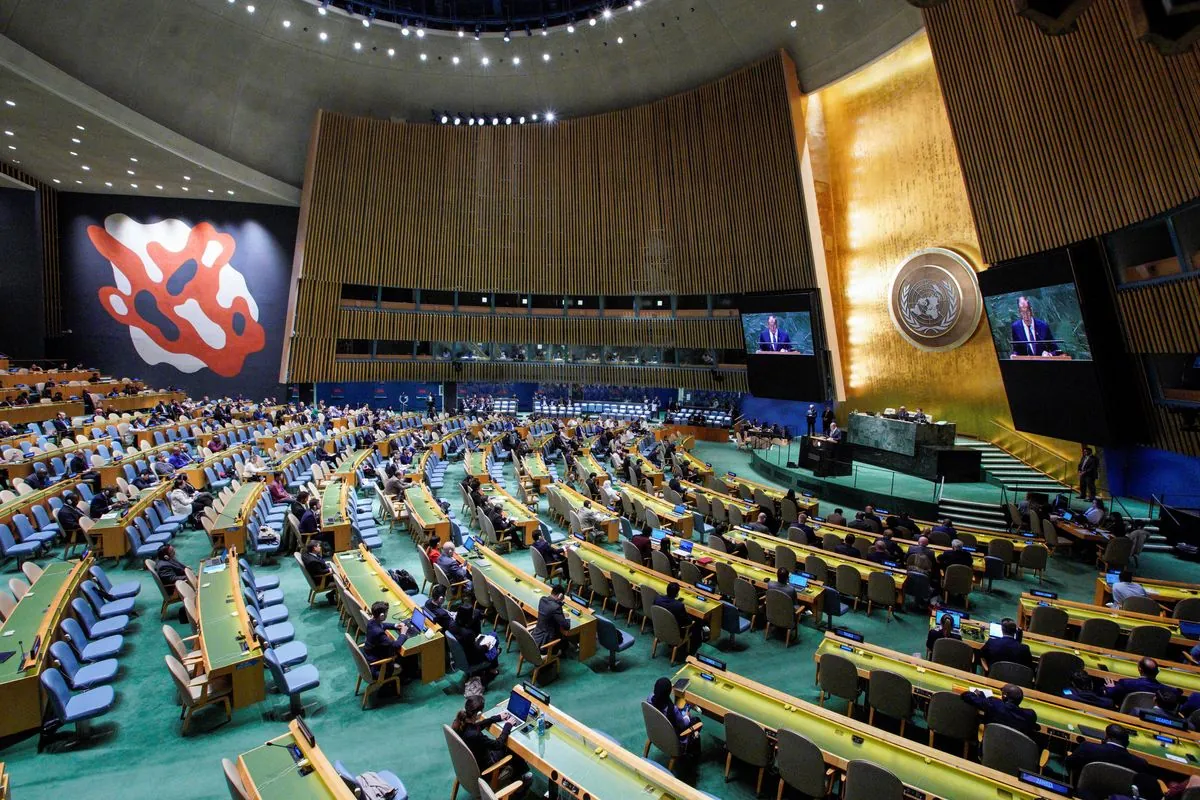Japan's New PM Ishiba Vows Economic Revival and End to Deflation
Shigeru Ishiba, Japan's incoming prime minister, pledges to revitalize the economy and combat deflation. He aims to boost consumption and mitigate inflation's impact on households.

On September 27, 2024, Shigeru Ishiba emerged victorious in the Liberal Democratic Party's (LDP) leadership race, effectively securing his position as Japan's next prime minister. The LDP's dominance in parliament, a constant since 1955, ensures Ishiba's ascension to the nation's highest office.
In his post-victory news conference, Ishiba outlined his vision for Japan's economic future, emphasizing the critical need to overcome deflation, a persistent challenge that has plagued the world's third-largest economy since the 1990s. This period, often referred to as the "Lost Decades," has seen Japan grappling with economic stagnation and a deflationary spiral.
Ishiba stated, "I will ensure Japan emerges from deflation," highlighting his commitment to revitalizing consumption as a key strategy for economic rejuvenation. This focus aligns with the ongoing efforts to address Japan's aging population and low birth rate, which have contributed significantly to the country's economic challenges.
The incoming prime minister also acknowledged the pressing issue of rising inflation and its impact on households. He emphasized the need for his administration to explore effective measures to cushion this blow, recognizing the delicate balance required in economic policy-making.
Ishiba pledged to build upon and accelerate the policies of his predecessor, Fumio Kishida, particularly those aimed at boosting household income through wage hikes. This approach resonates with the concept of "Abenomics," named after former Prime Minister Shinzo Abe, which sought to revive Japan's economy through monetary easing, fiscal stimulus, and structural reforms.

The financial markets reacted swiftly to Ishiba's victory. The yen, which is the third most traded currency in the foreign exchange market, bounced back, recovering from earlier losses. This response is particularly noteworthy given Ishiba's reputation as a critic of past aggressive monetary stimulus measures.
Ishiba's economic agenda faces significant challenges. Japan currently has one of the highest debt-to-GDP ratios in the world, and the Bank of Japan has maintained ultra-low interest rates for years in an attempt to combat deflation. The new administration will need to navigate these complexities while addressing the "deflation mindset" that has become entrenched in Japanese society.
As a member of the G7, Japan's economic policies have global implications. Ishiba's approach to revitalizing the economy will be closely watched by international observers, particularly in light of Japan's significant role in global trade and finance.
The incoming prime minister's focus on boosting consumption aligns with recent government initiatives, such as the promotion of "womenomics" to increase female participation in the workforce. This strategy, combined with addressing the ongoing labor shortage due to the aging population, could play a crucial role in Ishiba's efforts to stimulate economic growth.
As Japan stands at this economic crossroads, Ishiba's leadership will be crucial in determining whether the nation can finally break free from its long-standing deflationary cycle and usher in a new era of sustainable economic growth.


































